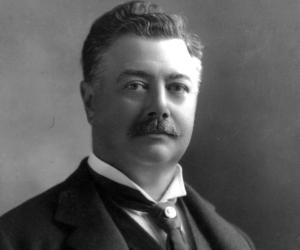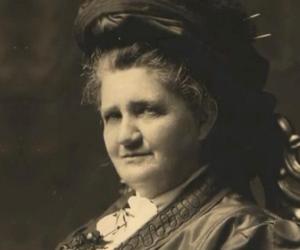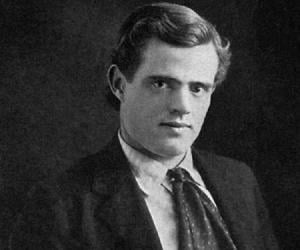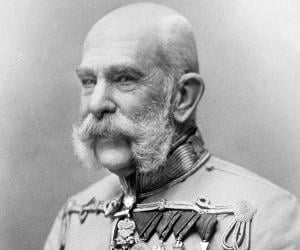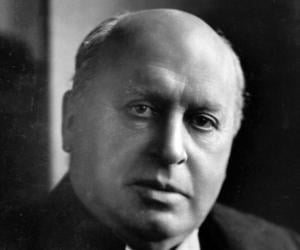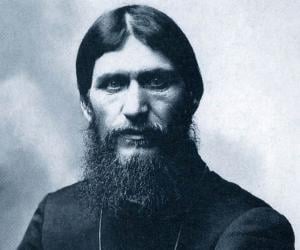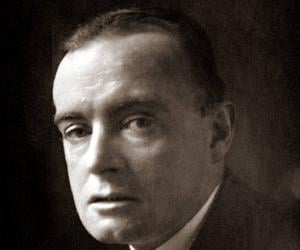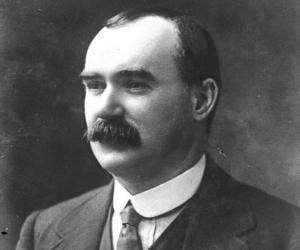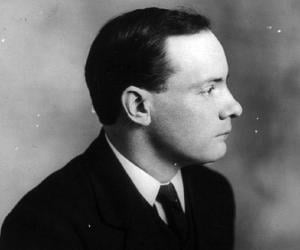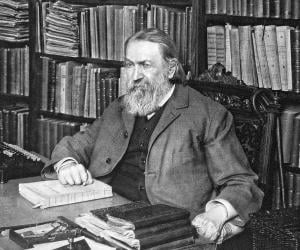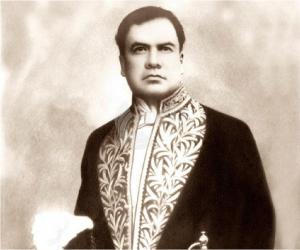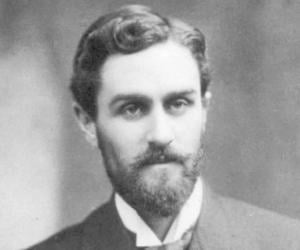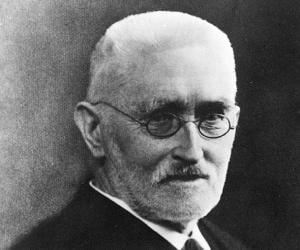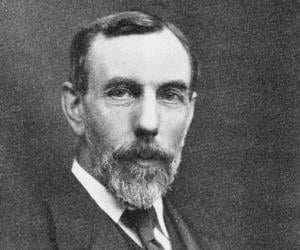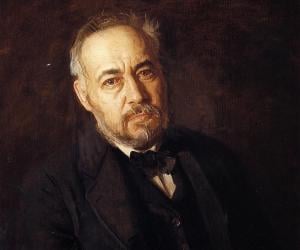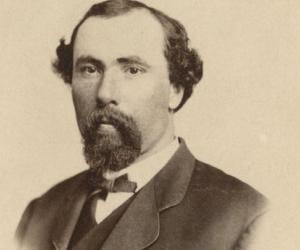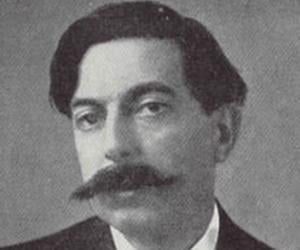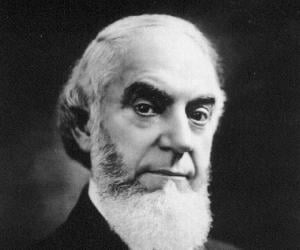Jack London was an American novelist, social activist, and journalist. A pioneer of American magazines and commercial fiction, London was one of the first authors from the US to become an international celebrity. His life and work inspired several films, such as the 1943 movie Jack London and 1980 film Klondike Fever. He was also portrayed in several TV series.
Franz Joseph I of Austria reigned as the Emperor of Austria from 1848 until his death in 1916. He also served as the King of Hungary, Bohemia, and Croatia and monarch of other states of Austria-Hungary. During his reign, Austria-Hungary decided to wage war against the Kingdom of Serbia, which eventually resulted in the First World War.
Henry James was an author, regarded as one of the greatest novelists ever to write in the English language. One of his novellas titled The Turn of the Screw has been the most analyzed ghost story in the history of English language literature. While his works have been adapted into films, he has been the subject of several other stories.
Arguably the most controversial and mythologized Russian of the 20th century, Grigori Rasputin was a self-styled monk and mystic infamous for the spell he cast over the wife and child of the last Romanov emperor. The scandal and political intrigue he left in his wake led to his eventual assassination during WWI, and rang the death-knell for imperial Russia.
Patrick Pearse was an Irish teacher, barrister, poet, writer, and revolutionary. He was one of the leaders of the Easter Rising in 1916. Opinionated with radical views, he decided as a boy that he would dedicate his life to Irish freedom. A relentless idealist, he was executed after the Easter Rising and was immortalized as a symbol of the rebellion.
Austrian physicist and philosopher Ernst Mach is remembered for his contributions to the study of shock waves. He is also credited for discovering a non-acoustic function of the inner ear that helps control human balance. As a philosopher of science, he is considered a major influence on logical positivism and American pragmatism.
The leader of the 19th-century Spanish-American Modernismo movement, Nicaraguan poet Rubén Darío had been a prodigy who had started writing poems at age 14. Best remembered for his works such as Azul, he earned the tag of the Prince of Castilian Letters. He had also held various diplomatic posts.
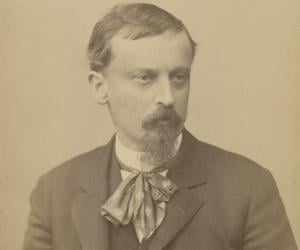
Henryk Sienkiewicz was a Polish journalist and novelist best remembered for his historical novels. He was the author of the internationally known best-seller Quo Vadis. Beginning his career as a journalist, he soon became one of the most popular Polish authors of his era. He was awarded the 1905 Nobel Prize in Literature for his contribution to literature.
Roger Casement was an Irish nationalist and diplomat. Also a well-known humanitarian activist, Casement is remembered for the Casement Report, a 1904 document in which he wrote about the abuses in the Congo Free State. His investigations of human rights abuses earned him a knighthood in 1911. However, Casement was stripped of his knighthood after being charged with high treason.
German mathematician Richard Dedekind is best remembered for his ideas on the real number and infinity. Initially interested in subjects such as physics and chemistry, he later deviated to math. He taught at various institutes and was awarded honorary doctorates from universities of Zurich, Oslo, and Braunschweig.
The son of a civil engineer, Nobel Prize-winning Scottish chemist William Ramsay revolutionized science with his pathbreaking discovery of the noble gases, thus forming an entirely new segment of the periodic table. He is also remembered for his long association with UCL. He was knighted for his achievements.
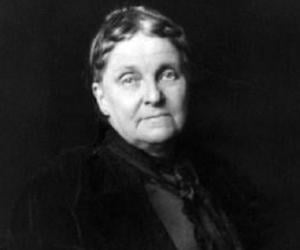
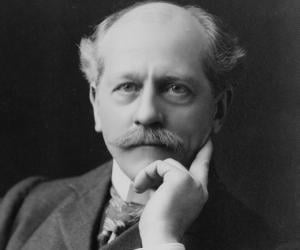
Born into the famous Brahmin Lowell family of Massachusetts, Percival Lowell studied at Harvard, where he excelled in math. He managed a cotton mill and also spent time in Asia as a diplomat. He is best remembered for initiating the discovery of Pluto and for studying the canals on Mars.
Thomas Eakins was an American photographer, realist painter, fine arts educator, and sculptor. Often counted among the most prominent American artists of all time, Eakins painted several hundred portraits during his lifetime. As an educator, Thomas Eakins played an important role in influencing the American art during his generation.
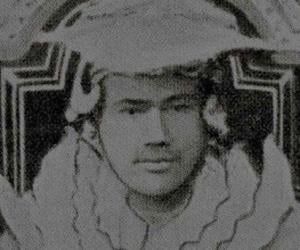
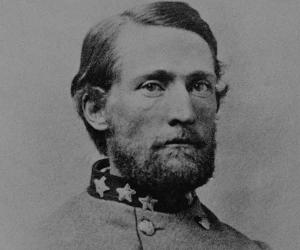
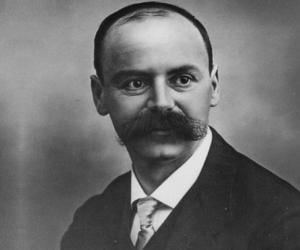
Karl Schwarzschild was a German astronomer and physicist. He is remembered for his contributions to the general theory of relativity; Schwarzschild came up with the first exact solution to the Albert Einstein field equations. He also contributed immensely to the theory of black holes.
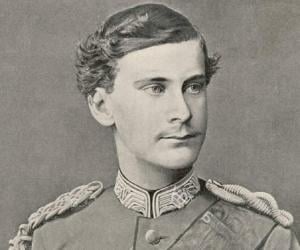
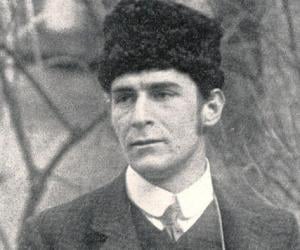
Best known as one of the founders of the German Expressionist group The Blue Rider, German painter Franz Marc mostly depicted animals through his works. The Tower of Blue Horses and Yellow Cow are two of his notable works. Children and the mentally disabled also appeared as his subjects.
Spanish pianist and composer Enrique Granados gained fame with his nationalistic music. He is remembered for his iconic work Goyescas, which premiered as an opera in New York. Granados lost his life when the ship he was traveling to England in drowned after being torpedoed by a German submarine.
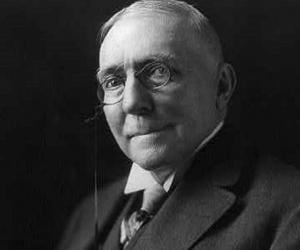
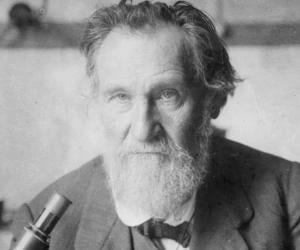
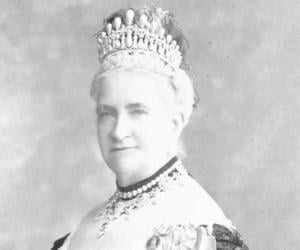
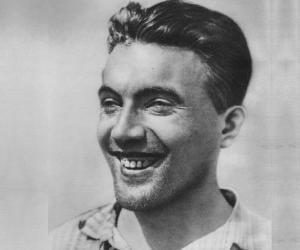
Legendary Czech composer Julius Fučík, also known as the Bohemian Sousa, initially played the bassoon for the Austro-Hungarian Regiment and then bagged a job with the German opera theater in Prague. His best-known marches include the Florentine March and Entrance of the Gladiators. He spent his final years in Berlin.
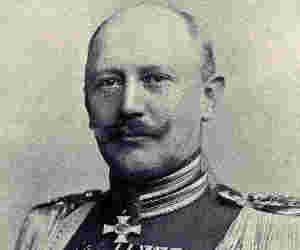
Helmuth von Moltke the Younger was a German military officer who served as a general. Moltke the Younger became the Chief of the German General Staff and led the German Army between 1906 and 1914. His influence on Germany's decision to enter World War I has tarnished his legacy. The failure of his Schlieffen Plan has also earned him criticisms.
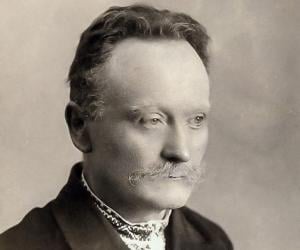
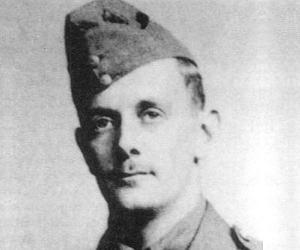
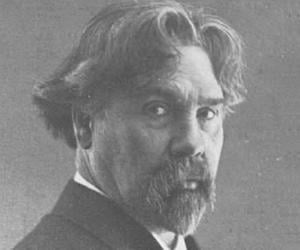
Vasily Surikov was a Russian painter best remembered as an exponent of Realist history painting. Many of his paintings have been used as illustrations and that has contributed to his popularity among the general public. His life and career inspired a biographical movie named Vasily Surikov where Surikov was played by Russian-American actor Yevgeni Nikolayevich Lazarev.
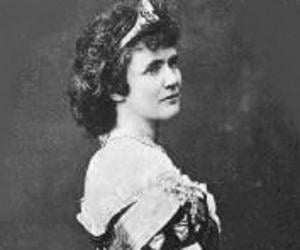
The daughter of German nobleman Hermann, Prince of Wied, Elisabeth of Wied had a flair for writing and initially wished to be a teacher. She later became the first queen of Romania, as the wife of King Carol I. She also wrote many plays, poems, and novels as Carmen Sylva.
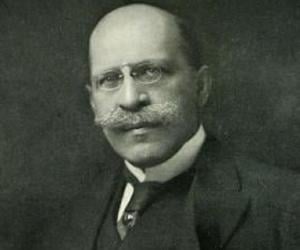
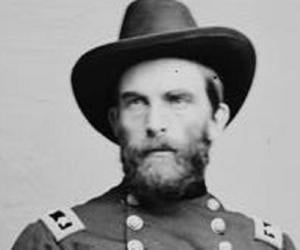
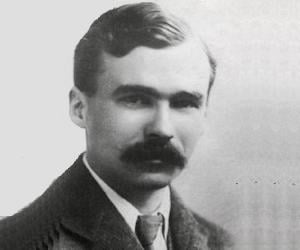

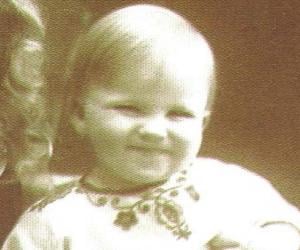
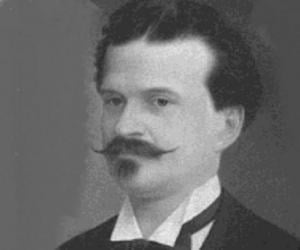
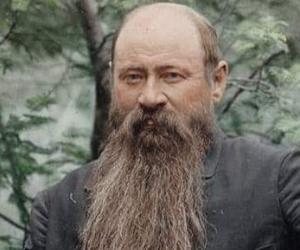
Marthinus Theunis Steyn was a South African lawyer, politician, and statesman. As a young man, he studied law at the Inner Temple in London and returned home to set up his practice. He became the sixth and last president of the independent republic the Orange Free State in 1896, a position he held till 1902.
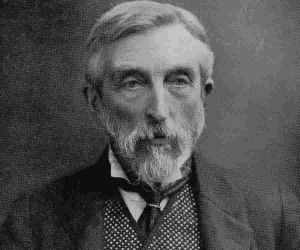
Charles Booth was not just a shipowner but also a prominent social reformer, best known for his 17-volume Life and Labour of the People in London, which threw a light on the social conditions of the poor in London. He also developed statistical methods to ascertain the social issues of the working class.
Charles Taze Russell was an American restorationist minister who is credited with founding the Bible Student movement, which formed the basis for several independent Bible Student groups. He is also credited with co-founding a not-for-profit, non-stock organization called the Watch Tower Bible and Tract Society of Pennsylvania, which is an important publisher of religious books in America.
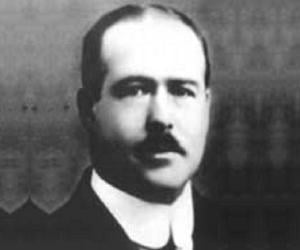
Walter Sutton was an American physician and geneticist best remembered for his Boveri-Sutton chromosome theory, which is widely regarded as one of the most important contributions to present-day biology. Walter Sutton is also credited with improving several medical and surgical practices, such as anesthetic techniques.
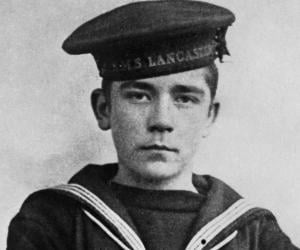
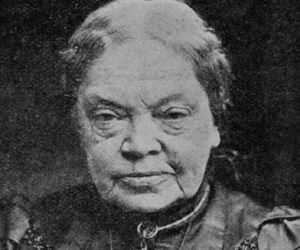
Best known for her psychological novels which depicted the lives of both the affluent and the poor, Marie von Ebner-Eschenbach was the daughter of an Austrian baron. One of the finest German authors ever, she experimented with the bildungsroman and penned works such as The Child of the Parish.
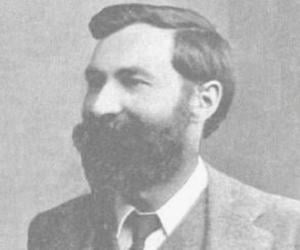
Francis Sheehy-Skeffington, or Skeffy, was an Irish author and radical activist. Known for his quirks such as wearing a badge that said “Votes for Women” in college, he started his career as a journalist and later added his wife’s surname to his. He was killed while preventing looting during the Easter Rising.
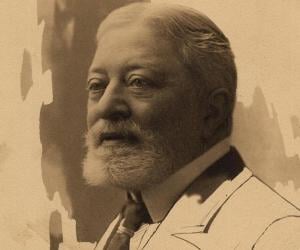
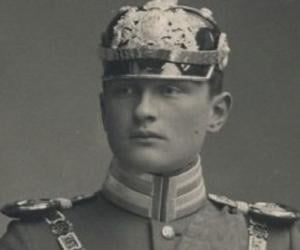
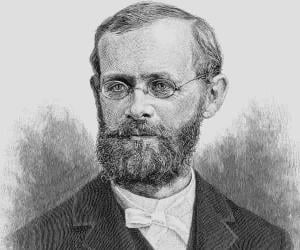
US meteorologist Cleveland Abbe, who proposed the use of time zones, was also known for his contribution to the development of the US Weather Bureau, or the National Weather Service, through his daily weather maps and forecasts. Initially an astronomer, he also served as the director of the Cincinnati (Ohio) Observatory.
